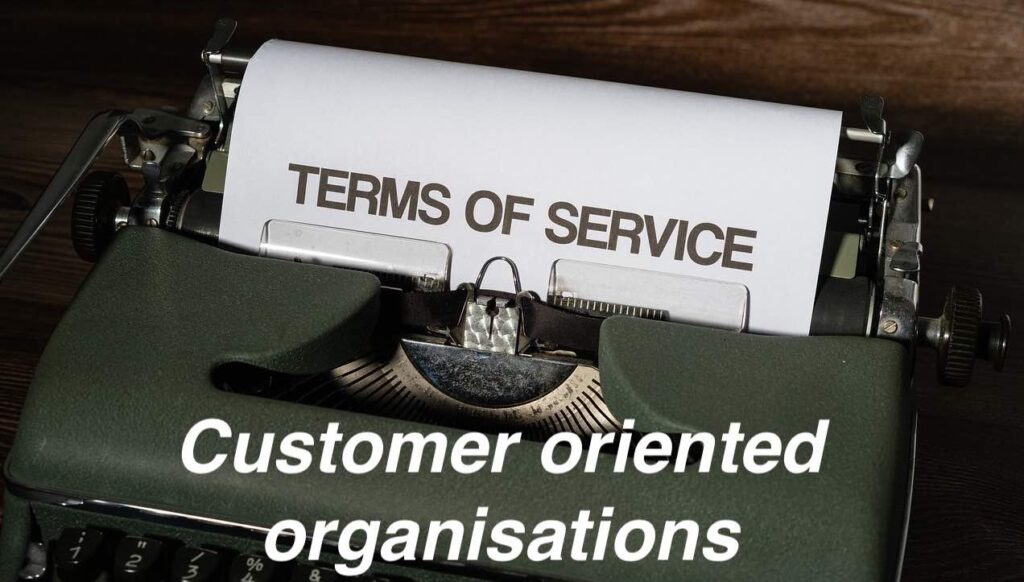Every once in a while, life presents us with unexpected situations that hold valuable lessons for personal and professional growth.
We proceeded for a family vacation in Sep23
Our journey began with high hopes and excitement as we had meticulously planned every detail of our trip through a reliable online aggregator site. However, as fate would have it, we encountered a significant setback during our stay at a supposedly reputable 4-star hotel. This incident not only challenged our patience but also offered insights into the significance of customer service in any industry.
On that fateful day, we approached the 4-star hotel for check-in, only to be met with refusal. The reasons for this unexpected turn of events were not clear, and it took a couple of hours of frantic calling before the aggregator site agreed to provide us with an alternative accommodation – a 3-star hotel.
Our stay at the 3-star hotel was far from satisfactory. The central heating system in the hotel remained dormant, leaving us shivering in the single-digit temperatures. It was a far cry from the warm and comfortable experience we had anticipated.
Returning from our holiday, I decided to share our experiences with the company that had facilitated our booking. There were two primary motivations for this. Firstly, we wanted to claim a refund for the downgrade from a 4-star to a 3-star hotel and address the deficiency in service. Secondly, we felt compelled to provide feedback on our unpleasant experience at the 3-star hotel, in the hopes of contributing to the improvement of their services.
I sent an email to the company’s customer service head, articulating our concerns and grievances. I received a swift response assuring me that one of their senior staff members, a DR (Direct Report), would personally investigate our case.
The person promptly reached out to me, and during our conversation, I shared my perspective on the booking issue. To my astonishment, he argued that the problem lay squarely with the hotel, absolving the company of any responsibility. He insisted that no mistakes had been made at their end.
When I raised the issue of service deficiencies at the 3-star hotel, specifically the failure to activate the central heating system, the person informed me that he had already contacted the hotel, but they denied any wrongdoing. He refused to acknowledge any fault on the company’s part, leaving me with a sense of frustration and helplessness.
In the end, he reluctantly offered a modest refund for the property downgrade, but it was evident that he was not willing to engage in any further dialogue or admit to the company’s mistakes.
This incident left me pondering the importance of a customer-centric approach in business. It was evident that the company had failed to provide the empathy and understanding that we, as customers, expected. As a result, they lost a customer who could have contributed significantly to their lifetime value (LTV).
Reflecting on this experience, it became clear that investing in employee training and instilling concepts like empathy and problem-solving is not an expensive endeavor. In fact, the LTV of a single lost customer can amount to substantial losses.
It underscores the significance of nurturing a customer-centric culture and constantly working on improving the quality of services offered.
In conclusion, our holiday experience, though marred by challenges, became a lesson in the value of empathy and customer service. It serves as a reminder that personal experiences, even those outside the workplace, can offer profound insights into the world of business and personal growth.
As businesses, we should never underestimate the impact of a single customer’s experience.
*Read more on Linkedin




